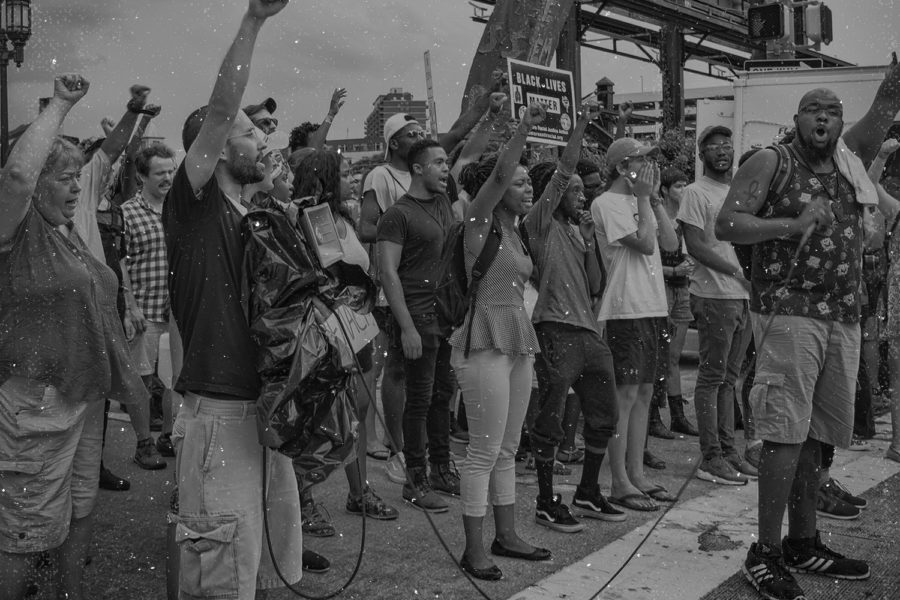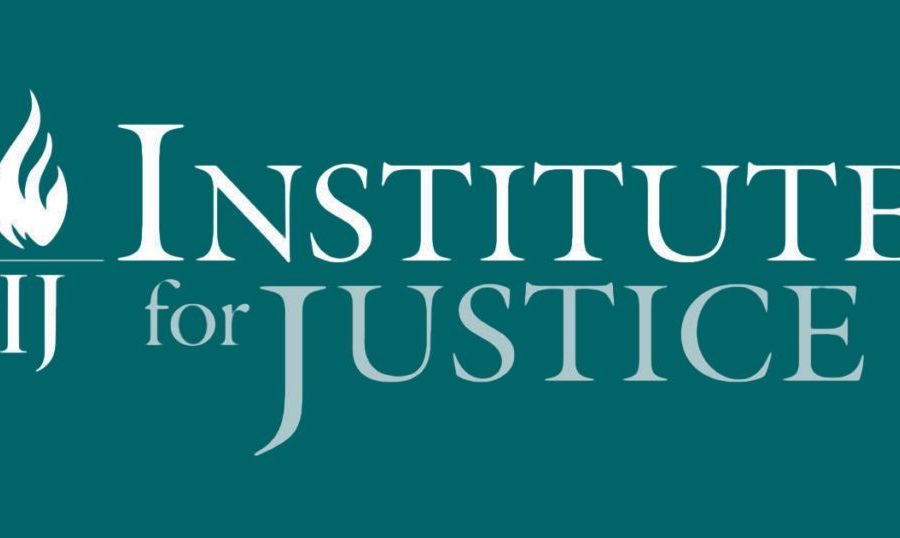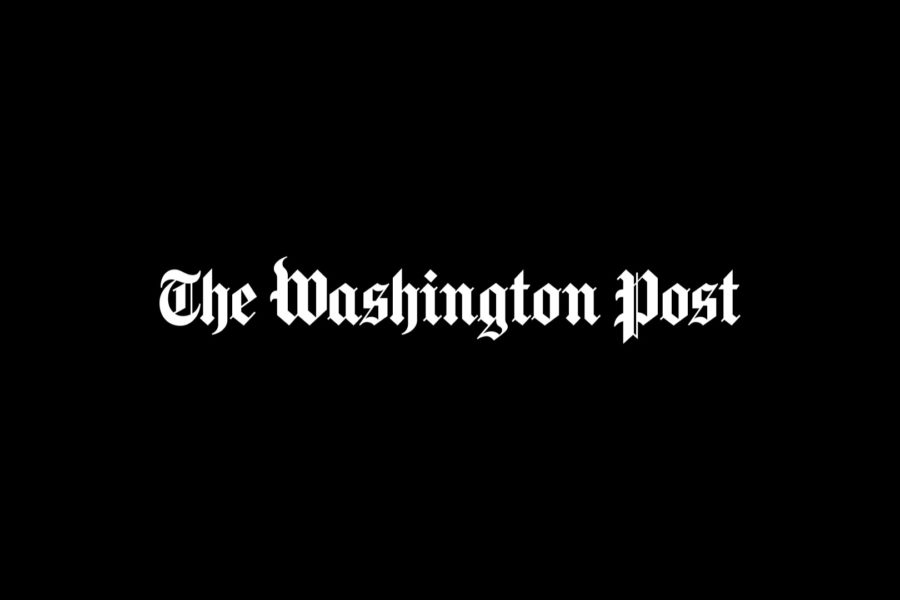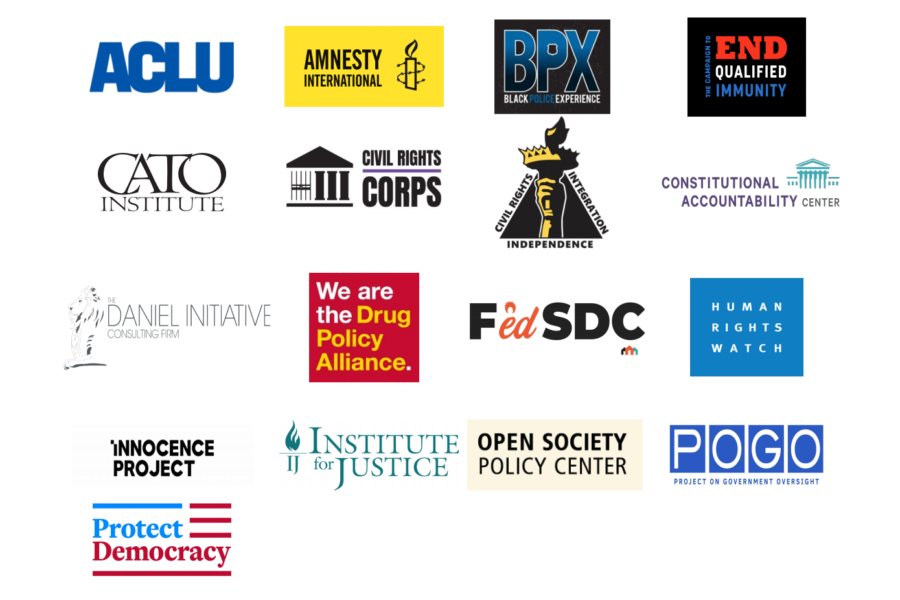
CTEQI Weekly Wrap-Up: 1/24–1/28
A mother and activist calls for police accountability; New York State Senator Robert Jackson slams qualified immunity; a major advocacy group endorses Vermont’s public safety bill; and more!

A mother and activist calls for police accountability; New York State Senator Robert Jackson slams qualified immunity; a major advocacy group endorses Vermont’s public safety bill; and more!

Aloe Blacc slams qualified immunity; Seattle watchdogs expose rogue cops; Oregon policymakers protect the right to protest in Portland; and more!

Thanks to the Institute for Justice and the Fifth Circuit Court of Appeals, Texas-based citizen journalist Priscilla Villareal can now sue the corrupt cops who violated her rights. This is a victory for police accountability.

In an op-ed for The Washington Post, the Institute for Justice’s Patrick Jaicomo and Chad Reese address qualified immunity following Virginia’s recent gubernatorial debate, where the doctrine was a topic of discussion. The legal experts feel both candidates “mischaracterized” the court-created rule.

Clarence Thomas slams qualified immunity (QI). As Forbes reports, Justice Thomas wants the Supreme Court to “reconsider” QI. Clarence Thomas is a notable critic of the controversial doctrine.

On June 24, the Institute for Justice (IJ) published an op-ed in USA Today. The op-ed discusses the compromises in the George Floyd Justice in Policing Act (JPA). Per IJ, a leaked draft of the compromise bill “shows hope” for reforming qualified immunity (QI).

A group of 17 nonprofits, including the Campaign to End Qualified Immunity, wrote an open letter to Congress. This letter demands greater government accountability.

On June 9, the Institute for Justice published an op-ed in The Hill on federal police and qualified immunity (QI). Patrick Jaicomo and Anya Bidwell from the Institute for Justice (IJ) penned this piece.

Leading up to the one-year anniversary of George Floyd’s death on May 25, the New York Times Editorial Board calls for an end to the unjust doctrine that shields bad cops from accountability.